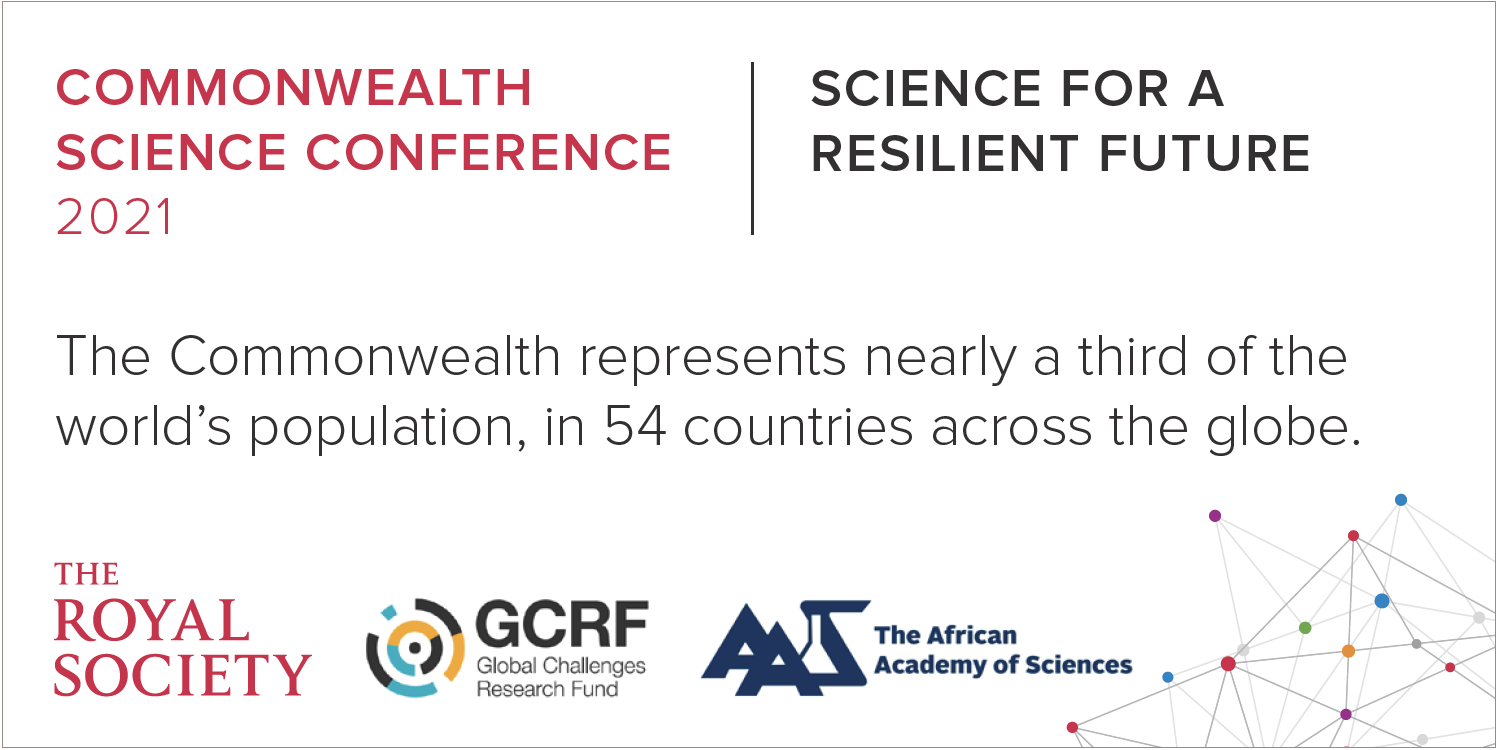AESA PROGRAMMES
- Building R&D Infrastructure
- Developing Excellence in Leadership, Training and Science in Africa (DELTAS Africa)
- Human Heredity and Health in Africa (H3Africa)
- Africa’s Scientific Priorities (ASP)
- Innovation & Entrepreneurship
- Grand Challenges Africa
- Grand Challenges Innovation Network
- Rising Research Leaders/Post-Docs
- AESA RISE Postdoctoral Fellowship Programme
- African Postdoctoral Training Initiative (APTI)
- Climate Impact Research Capacity and Leadership Enhancement (CIRCLE)
- Climate Research for Development (CR4D)
- Future Leaders – African Independent Research (FLAIR)
- Critical Gaps In Science
- Clinical Trials Community (CTC)
- Community & Public Engagement
- Mobility Schemes: Africa-India Mobility Fund
- Mobility Schemes: Science and Language Mobility Scheme Africa
- Research Management Programme in Africa (ReMPro Africa)
- Science Communication/Africa Science Desk (ASD)
- Financial Governance: Global Grant Community (GGC)
- AAS Open Research
- CARI Programmes
- Evidence Leaders Africa (ELA)

News
Resilience against global environmental crises - Commonwealth Science Conference online from 22 February

162
Resilience against global environmental crises - Commonwealth Science Conference online from 22 February
Members of the press are invited to attend the 2021 virtual Commonwealth Science Conference where leading scientists and early career researchers will explore how science can help the world build resilience against the challenges posed by global environmental crises.
Co-hosted by the Royal Society and the African Academy of Sciences (AAS), the conference ‘Science for a Resilient Future’ will take place virtually, due to coronavirus restrictions, from 22 to 26 February.
The 54 Commonwealth nations represent nearly a third of the world’s population and a hugely diverse mix of societies and economies. The conference brings together global champions for environmental protection and conservation with the best Commonwealth researchers to share scientific excellence and showcase their research in an online gallery of posters.
Notable speakers include:
- Laureate Professor Peter Doherty, Australian winner of the Nobel Prize in medicine for transplantation and “killer” T cell-mediated immunity.
- Professor Salim Abdool Karim, an infectious disease epidemiologist who helped South Africa through its HIV crisis. He now guides the South African government’s response to Covid-19.
- Richard Leakey, Kenyan paleoanthropologist, and conservationist whose fossil discoveries have helped to illustrate the story of human evolution in Africa.
- Professor Veena Sahajwalla, champion of the circular economy and inventor of ‘green steel’, environmentally friendly technology for recycling rubber tyres to replace coal and coke in steelmaking.
- Professor Sir Adrian Smith, the newly appointed President of the UK’s Royal Society, a fellowship of many of the world's most eminent scientists from the UK and the Commonwealth.
- Professor Donna Strickland, Canadian recipient of the Nobel Prize in physics and one of the world’s foremost laser physics pioneers.
- His Excellency Anote Tong Former President of Kiribati who oversaw the creation of one of the World's largest and most biologically rich marine protected areas.
The themes of the conference are:
- Developing resilient energy systems – climate resilient infrastructure; decarbonising energy systems; and a circular economy for the Commonwealth
- Nurturing resilient ecosystems – challenges and opportunities for the blue economy; trajectories, challenges and solutions for biodiversity; and adaptation and mitigation challenges for ocean states in the era of climate change
- Building resilient societal systems – pandemic preparedness before and after Covid-19, changing climate adaptation and disaster risk reduction; and a ‘just transition’ to a sustainable Commonwealth
The conference will also feature a discussion on science advice and the key lessons from the Covid-19 pandemic for the relationship between science and policy. One of the world’s leading experts of science advice to government, President elect of the International Science Council, Peter Gluckman, will chair a panel of high-profile science advisors including Sir Patrick Vallance, Chief Scientific Adviser to the UK Government on Covid-19.
For members of the press only
To register for access to the online conference platform by 14 February, interview speakers or for further information on the speakers and the conference programme email Lucia.Hadjiconstanti@royalsociety.org or call +44 20 7451 2508 (office hours) and 07931 423 323 (out-of-office hours). The conference online platform will go live on 15 February.
For regular attendees
Contact Talia.Bijwe-Alexander@royalsociety.org for more details about the conference
Notes to Editors:
The conference is funded via the UK government’s Global Challenges Research Fund (GCRF), part of the UK’s Official Development Assistance (ODA).
The Royal Society
The Royal Society is a self-governing Fellowship of many of the world’s most distinguished scientists drawn from all areas of science, engineering, and medicine. The Society’s fundamental purpose, as it has been since its foundation in 1660, is to recognise, promote, and support excellence in science and to encourage the development and use of science for the benefit of humanity.
Follow the Royal Society on Twitter (@royalsociety) or on Facebook (facebook.com/theroyalsociety)
The African Academy of Sciences
The African Academy of Sciences (AAS) is a non-aligned, non-political, not-for-profit pan African organisation. The AAS’ vision is to transform lives on the African continent through science. Its tripartite mandate is recognising excellence through the AAS’ highly prestigious fellowship and award schemes, providing advisory and think tank functions for shaping Africa’s Science, Technology and Innovation (STI) strategies and policies, and implementing key STI programmes addressing Africa’s developmental challenges through an agenda setting, funding and programme management platform, the alliance for accelerating Excellence in Science in Africa (AESA), an initiative of the AAS, African Union Development Agency (AUDA-NEPAD) and global partners. The Academy’s five strategic focus areas include: Environment and climate change; health and wellbeing; natural sciences; policy and governance; and social sciences and humanities.
Follow on Facebook.com/AASciences and Twitter @AASciences and learn more by visiting www.aasciences.africa.